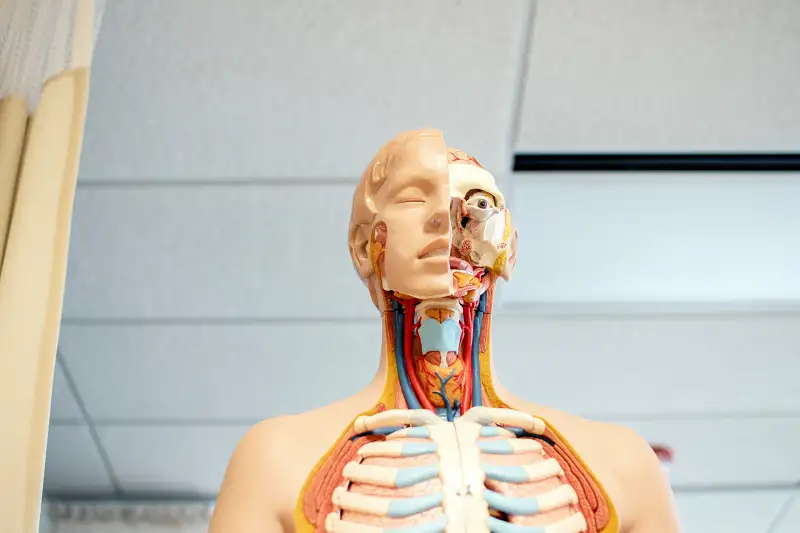Table of Contents
- Historical Context
- Theoretical Foundations
- Ethical Implications
- Contemporary Manifestations
- Legal and Regulatory Frameworks
- Societal and Cultural Implications
- Conclusion
The commodification of body parts is a complex and controversial issue that sits at the intersection of sociology, ethics, economics, and law. This phenomenon involves treating body parts as commodities that can be bought, sold, or traded within various markets. Such practices raise profound questions about human dignity, bodily autonomy, and the limits of market logic. This article aims to provide a comprehensive overview of the commodification of body parts, exploring its historical context, theoretical foundations, ethical implications, and contemporary manifestations.
Historical Context
The Evolution of Body Commodification
The commodification of body parts is not a new phenomenon. Historically, human bodies and their parts have been treated as commodities in various contexts, from slavery and colonial exploitation to contemporary medical and cosmetic industries. In ancient societies, bodies were often traded as slaves, with body parts sometimes being used for medicinal or ritualistic purposes. For instance, ancient Egyptians harvested mummies for medicinal purposes, and the bodies of executed criminals were used in anatomical studies during the Renaissance. The emergence of capitalism further entrenched the commodification of bodies, as labor itself became a commodity.
The Medicalization of the Body
The rise of modern medicine in the 19th and 20th centuries marked a significant shift in the commodification of body parts. The medicalization of the body, coupled with advancements in surgical techniques, created new opportunities for body parts to be treated as commodities. Organs, blood, and tissues became valuable resources for medical procedures, leading to the development of formal and informal markets for these body parts. The development of blood transfusion techniques in the early 20th century, for example, led to the creation of blood banks and the commercialization of blood donation. Similarly, the advent of organ transplantation in the mid-20th century spurred the growth of organ markets, both legal and illegal.
Theoretical Foundations
Marxist Perspectives
From a Marxist perspective, the commodification of body parts can be understood as an extension of capitalist exploitation. Karl Marx’s concept of commodity fetishism describes how social relations are masked by the economic value of commodities. In the case of body parts, this means that the intrinsic human value of body parts is obscured by their market value. Marxist theory also highlights how commodification exacerbates inequalities, as those in marginalized positions are more likely to commodify their bodies out of economic necessity. The commodification of body parts can thus be seen as a form of “biocapital,” where biological materials and capacities are harnessed for profit within capitalist markets.
Feminist and Intersectional Perspectives
Feminist and intersectional theorists have critically examined the commodification of body parts through the lens of gender, race, and class. These perspectives emphasize how commodification disproportionately affects women and people of color, who are often more vulnerable to exploitation. For example, the global market for surrogate mothers predominantly relies on women from poorer countries, reflecting broader patterns of global inequality. Intersectional analysis further reveals how multiple forms of oppression intersect to exacerbate the exploitation of marginalized groups in the commodification of body parts. Feminist scholars have also highlighted how the commodification of reproductive capacities, such as egg donation and surrogacy, often exploits women’s bodies and labor.
Postcolonial Perspectives
Postcolonial theorists provide another critical lens for understanding the commodification of body parts. They argue that the global inequalities that drive the commodification of body parts are rooted in historical processes of colonialism and imperialism. The exploitation of bodies and body parts in the Global South to meet the demands of the Global North reflects ongoing patterns of neocolonial extraction and dispossession. Postcolonial analysis thus highlights how the commodification of body parts perpetuates global hierarchies and inequalities.
Ethical Implications
Get the full article AD FREE. Join now for full access to all premium articles.
View Plans & Subscribe Already a member? Log in.





